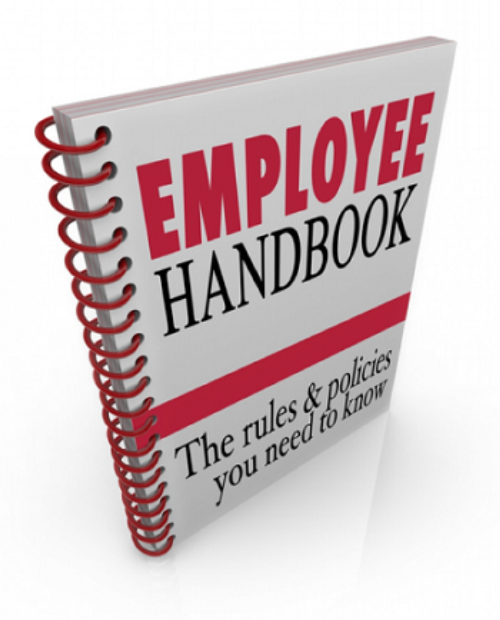It is a general expectation of the employment relationship that an employee follows the rules set by their employer. Typically, failure to follow such rules can amount to misconduct or serious misconduct and can result in disciplinary action.
 However, the corollary of this expectation is that, if the employer seeks to rely on these rules to undertake disciplinary action, it has a duty to ensure that the rules are properly promulgated and brought to its employees' attention.
However, the corollary of this expectation is that, if the employer seeks to rely on these rules to undertake disciplinary action, it has a duty to ensure that the rules are properly promulgated and brought to its employees' attention.
A recent Employment Relations Authority determination provided a clear example of how an employer cannot expect an employee to "play by the rules" if it fails to tell them what those rules are.
The case involved Peter Grierson who had been working at Metallic Sweeping Ltd for over a year. Metallic Sweeping provides waste management services and operates transfer stations and resource recovery to the Marlborough District Council. The company used Trade Me to sell second-hand goods.
Mr Grierson attempted to buy a second-hand guitar being sold by the employer by asking a colleague multiple times to un-list it from Metallic Sweeping's Trade Me store and sell it to him privately.
The colleague refused to un-list the guitar and told the site-manager about Mr Grierson's requests. As a result, Metallic Sweeping raised several allegations of serious misconduct against Mr Grierson relating to these requests.
After an investigation, the company determined that Mr Grierson attempted to breach, and encouraged a staff member to breach, company policy that all second-hand goods that an employee may wish to purchase must first be approved by the site-manager. It was also found that this conduct was a breach of Trade Me's purchase policy which put at risk the ability of Metallic Sweeping to continue to use Trade Me to sell goods.
The breaches were said to point to a serious failure of judgment and a lack of integrity with a resulting loss of trust and confidence.
As a result of these findings Mr Grierson was summarily dismissed.
The Authority found that the dismissal was not substantively justified.
The Authority noted that there was no written policy that the employees would get approval from the site-manager to purchase second-hand goods and the policy was not set out in any correspondence with Mr Grierson prior to the Authority investigation process. In any event, the rules and their application were unclear.
Accordingly, the Authority determined that a fair and reasonable employer could not have concluded that Mr Grierson breached or attempted to breach rules about staff purchasing. This was because he was not informed of the rules and the employer could not even clearly establish the rules throughout the disciplinary process. A similar finding was made in respect of the allegation of breaching Trade Me rules.
The Authority also held that the dismissal was not procedurally justified for a number of reasons including the fact that the allegations were confusing and overstated and information about the rules and concerns from other employees was not given to Mr Grierson.
The Authority awarded Mr Grierson $19,800 in compensation.
There have been several other cases in the Employment Court that make it clear that generally, where an employer seeks to rely on the breach of a rule or policy to justify a dismissal, they will have to show that the worker was aware of the rule. It is also important that the rule that was breached can be set out fully and clearly when allegations are raised with the employee.
While it is logical that you cannot expect workers to follow rules that they aren't aware of, in practice this requires an active effort to ensure employees are made aware of such rules.
This should be done at two key stages - firstly all new employees should be informed of workplace rules and policies. It is good practice to have these in writing and ensure they are read by the employee. Secondly, all existing staff should be made aware of new or updated policies and rules. This is particularly important if the new rules or policies prohibit conduct that was previously tolerated.
Having clear rules and policies set out in writing benefits both the employer and employee. Employees benefit from having clear expectations of conduct and the employer can rely on those expectations if the employee fails to meet them.

